As all of Adelaide waits with baited breath to find out if Giant Panda Fu Ni is pregnant, the use of ultrasound examinations, progesterone testing and closely monitoring behavioural and physical changes will help Adelaide Zoo crack the panda pregnancy mystery.
Fu Ni was artificially inseminated on two occasions in mid-September during the yearly panda breeding season and as a result has since been treated as if possibly pregnant.
The challenges faced by the panda care team are that there are no definitive tests to confirm pregnancy in Giant Pandas as hormonal changes and other typical early-pregnancy symptoms are also exhibited during phantom pregnancy.
The only definitive way to confirm pregnancy in pandas is through an ultrasound examination when a foetus can been seen.
Senior Panda Keeper Simone Davey says to conduct ultrasound examinations, zoo keepers have worked very closely with Fu Ni over several years to establish a strong bond and a regular training routine using a portable enclosure.
“We began ultrasound examinations with a professional sonographer back in November, and from the very first time the machine flickered to life we were able to identify Fu Ni’s uterus and have been carefully monitoring the area for any subtle changes since,” Simone said.
“To record the best possible ultrasound Fu Ni must be willing to enter into a portable enclosure, lie still for an extended amount of time and maintain a full bladder.
“In the last week, Fu Ni’s attention span has started to wane and she’s becoming less willing to participate in ultrasound examinations, so there’s a good chance we won’t be able to discover if she’s pregnant via ultrasound.”
In addition to ultrasound examinations, the panda care team is closely monitoring behavioural and physical changes in Fu Ni.
“Over recent days we’ve seen a few changes in Fu Ni’s behaviour, which based on what we’ve previously seen in years when Fu Ni has gone through phantom pregnancies, we believe the coming weeks will be the most crucial in discovering if Fu Ni’s pregnant,” Simone said.
“She’s eating less, sleeping for longer periods of time, has become more sensitive to light and sound and is nest making, all signs she’s within weeks of giving birth or finishing a phantom pregnancy.
“We recognise people are keen to find out if she’s pregnant, and believe me we are too, but we ask everyone to be patient and continue to support us through this exciting journey.”
In preparation for the potential arrival of a cub, the panda care team has also drawn on advice from experts in China and global zoos to prepare for a full spectrum of contingencies.
“We hope we’ll get the chance to confirm her pregnancy via ultrasound and see her go on to give birth to a healthy cub, but we could also find that after we confirm a pregnancy she may still miscarry or reabsorb the foetus or lose the cub shortly after birth.
“We might also not be able to confirm a pregnancy at all because she continues to be unwilling to take part in ultrasound examinations and she could just simply surprise us one day and give birth or she could not even be pregnant and simply be experiencing a phantom pregnancy.
“We need to be realistic with all the potential scenarios still at play, but the activities currently taking place are the furthest we’ve ever come to reaching our ultimate goal of celebrating the birth of our very own Giant Panda cub, and something we should all be proud of no matter the end result.”
For nearly five years Repromed Fertility Specialists have been analysing Fu Ni’s estrogen and progesterone levels to pinpoint her ovulation time and have assisted with the artificial insemination process by analysing semen samples and cryopreservation of semen.
Repromed Scientific Director Dr Deirdre Zander-Fox says since September Repromed has continued to monitor Fu Ni for changes in her progesterone levels which are indicative of pregnancy or phantom pregnancy.
“The results recorded this week indicate her progesterone levels have peaked and are on a downward trend, which is consistent with behavioural observations that she’s within weeks of giving birth or experiencing the end of a phantom pregnancy.”
Since the September breeding season the panda care team has approached Fu Ni’s possible pregnancy with the utmost care and she continues to enjoy access to all areas of the panda building.
It’s important to note at this point Adelaide Zoo is not able to confirm if Fu Ni’s pregnant, however based on behavioural and physical changes it is expected that Fu Ni will either give birth to a cub or experience the end of a phantom pregnancy within the coming weeks.
Adelaide Zoo will provide another update when the panda care team is able to confirm if Fu Ni’s pregnant via ultrasound, she gives birth or experiences the end of a phantom pregnancy. No additional updates will be provided until such time.








